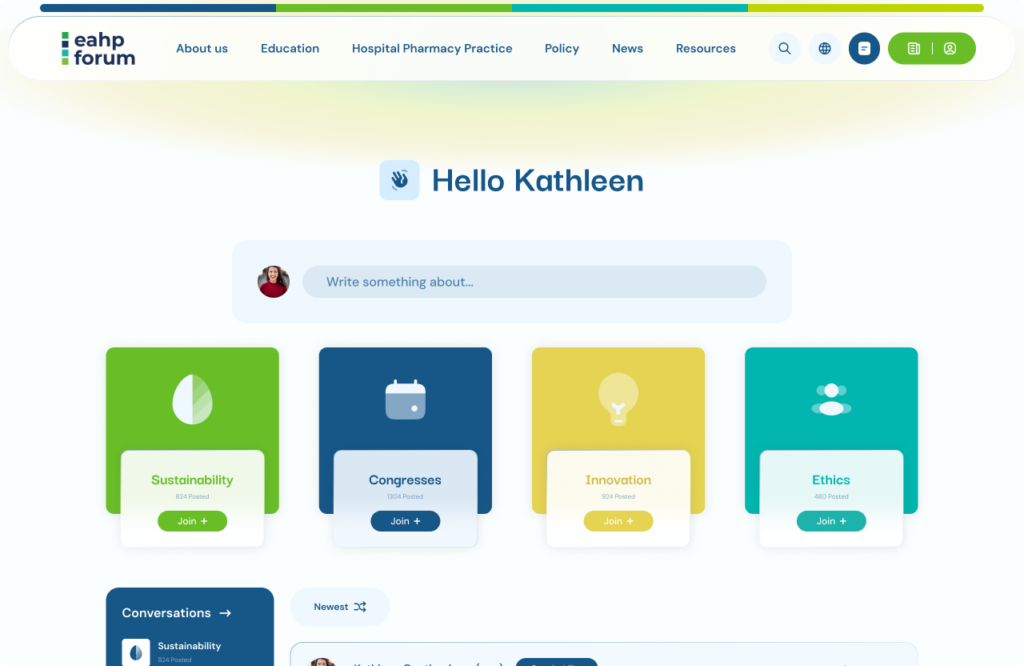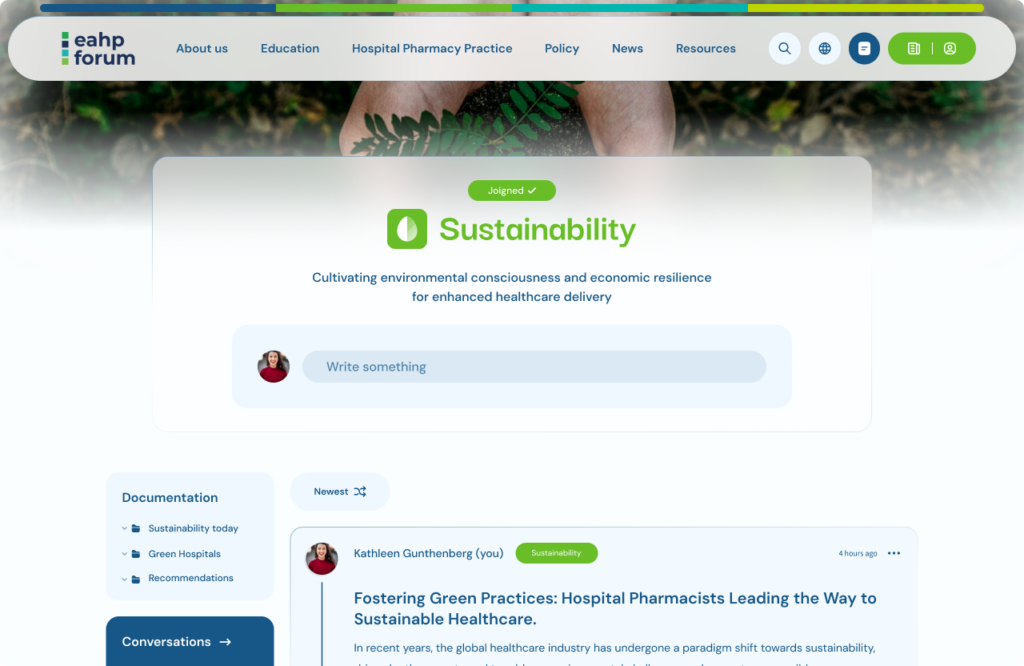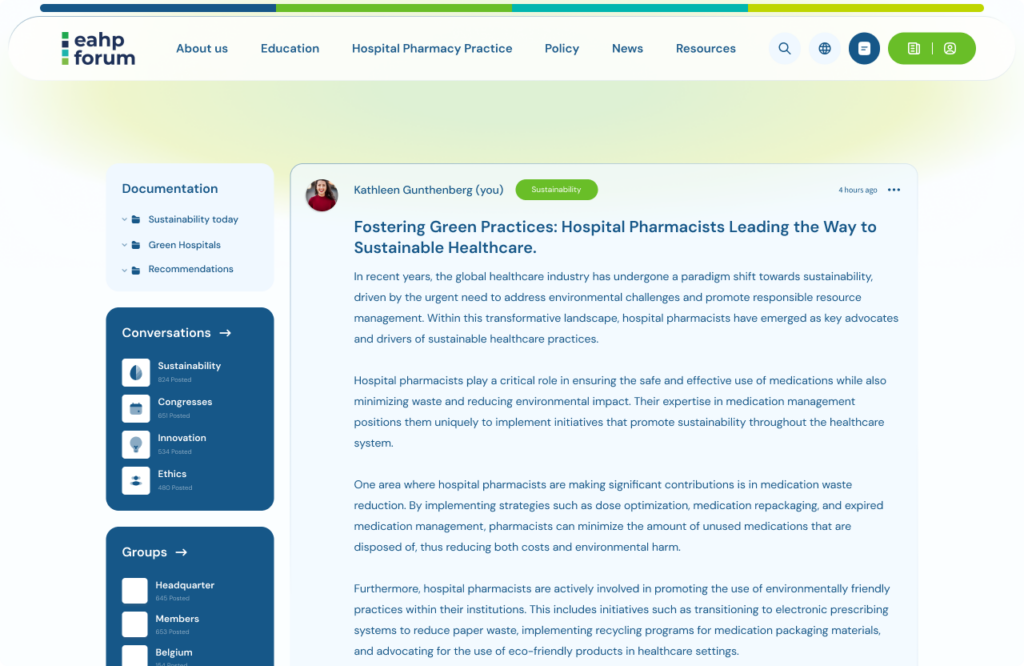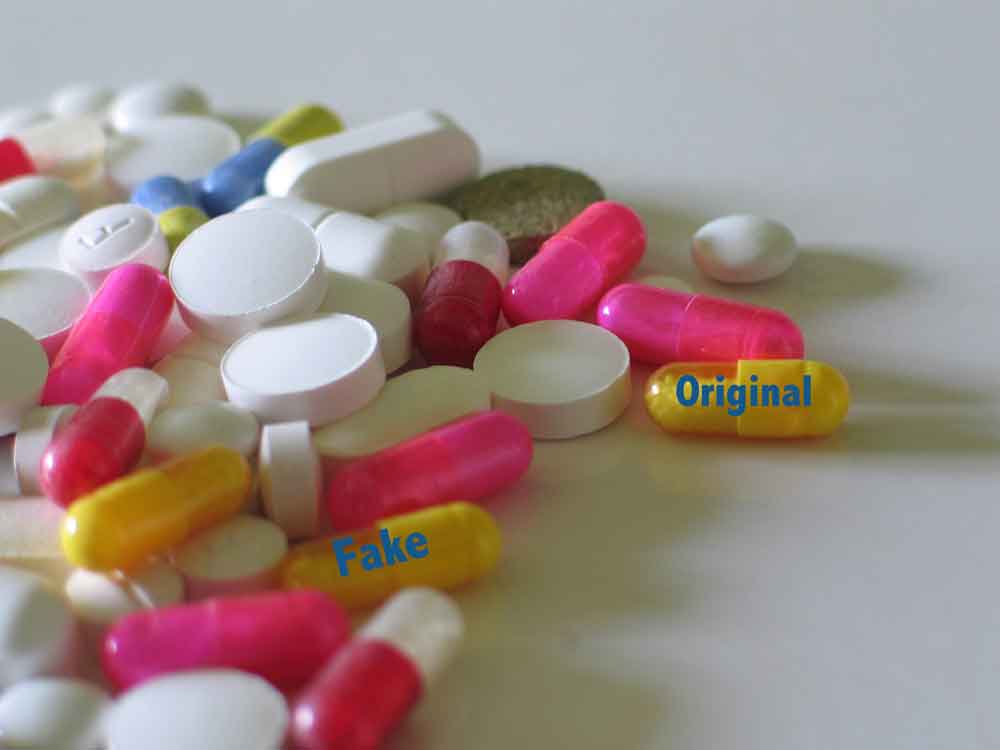 In 2011, the amendment to the Falsified Medicines Directive (FMD) introduced new rules to improve the protection of the public from medicines that are often disguised as authentic ones but contain ingredients of lower quality or in the wrong dosage. The measures contained in Directive 2011/62/EU ensure the use of obligatory safety features – a unique identifier and an anti-tampering device – on the outer packaging of medicines, the application of a common, EU-wide logo to identify legal online pharmacies, the introduction of tougher rules on import of active pharmaceutical ingredients and the strengthening of record-keeping requirements for wholesale distributors.
In 2011, the amendment to the Falsified Medicines Directive (FMD) introduced new rules to improve the protection of the public from medicines that are often disguised as authentic ones but contain ingredients of lower quality or in the wrong dosage. The measures contained in Directive 2011/62/EU ensure the use of obligatory safety features – a unique identifier and an anti-tampering device – on the outer packaging of medicines, the application of a common, EU-wide logo to identify legal online pharmacies, the introduction of tougher rules on import of active pharmaceutical ingredients and the strengthening of record-keeping requirements for wholesale distributors.
Detailed rules on the obligatory safety features are regulated by the Commission Delegated Regulation (EU) 2016/161 which lays down the characteristics of these features as well as how medicine authenticity should be verified and by whom. This Delegated Regulation will enter into force on 9th February 2019.
Efforts on European level
To assist with the implementation of the requirements set out in the FMD and the Delegated Regulation, the European Medicines Verification Organisation (EMVO) was established. EMVO is tasked with the creation of the European Medicines Verification System (EMVS), a repository system that will be connected to and allow for the exchange of data between the 32 national repositories.
EMVO was founded by the European Federation of Pharmaceutical Industries and Associations (EFPIA), Medicines for Europe, the European Association of Euro-Pharmaceutical Companies (EAEPC), the European Healthcare Distribution Association (GIRP) and the Pharmaceutical Group of the European Union (PGEU). In 2017, the European Hospital and Healthcare Federation (HOPE) and EAHP joined the association as affiliate members.
EAHP is closely cooperating with the other stakeholders of EMVO to advance the implementation of the FMD and its Delegated Regulation. In particular a hospital platform has been set up together with EMVO and HOPE to increase awareness and to make the hospital sector ready for the implementation by 9th February 2019.
Efforts on national level
The 30 member associations of EAHP affected by the FMD and its Delegated Regulation are working towards ensuring that all hospital pharmacists in the EU-28, the European Economic Area and Switzerland are adhering to their scanning and verification obligations. Through raising awareness at national congresses, workshops and mailing campaigns hospital pharmacists are being informed by their national member associations of their obligations. In addition, EAHP’s national member associations have established contact with their national competent authorities to determine how the requirements of the Delegated Regulation can best be implemented in the hospital environment. Funding remains one of the key concerns of hospital pharmacists.
Following the extension for Greece and Italy, the Falsified Medicine Directive (FMD) is set to come into force for both countries on the 9 February 2025. To support Greek hospital pharmacists with their implementation of the FMD, the Greek Panhellenic Association of Hospital Pharmacists (PEFNI) prepared a short survey to collect the experience from countries who already have been implementing the Directive. EAHP members are invited to respond to the short survey prepared by PEFNI in English by the 17 January 2025 at the following link.
Implementation in the hospital sector
To facilitate the implementation of FMD in the hospital sector, the Member State Expert Group on safety features drafted a paper in September 2018 on the implementation of the safety features in the hospital pharmacy setting. This paper acknowledges the difficulties faced by persons entitled to supply medicines to the public in a hospital setting and proposes the use of aggregation that allows decommissioning multiple unique identifiers from a specific shipment under certain circumstances. In addition, to the Member State Expert Group, also other actors have explored the use of aggregation in the pharmaceutical supply chain. A discussion paper by GS1 has been released and could potentially provide guidance on the implementation of aggregation using GS1 standards, with the goal of underpinning interoperability between distinct implementations, in turn reducing their complexity and cost.
Additional information
European Commission website on falsified medicines HERE
Delegated Regulation – EAHP public consultation response HERE
Data Matrix and Scanner Tester tool developed for end users by the French NMVO available HERE





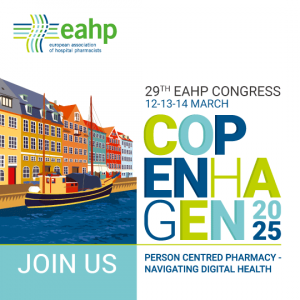
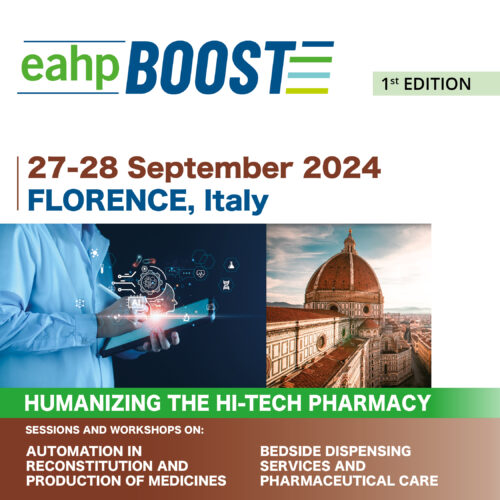
















 In 2011, the amendment to the Falsified Medicines Directive (FMD) introduced new rules to improve the protection of the public from medicines that are often disguised as authentic ones but contain ingredients of lower quality or in the wrong dosage. The measures contained in
In 2011, the amendment to the Falsified Medicines Directive (FMD) introduced new rules to improve the protection of the public from medicines that are often disguised as authentic ones but contain ingredients of lower quality or in the wrong dosage. The measures contained in 